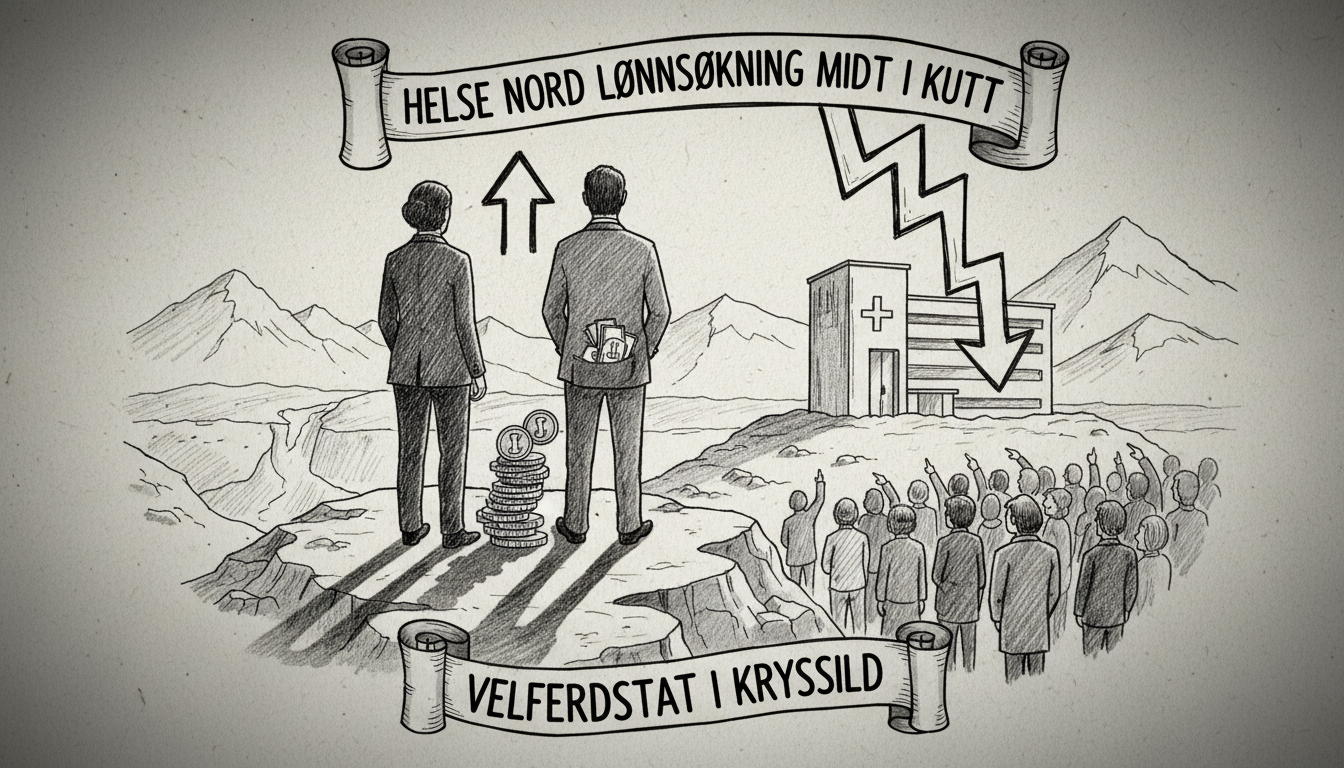A unanimous board at Health North Norway approved a salary increase for director Marit Lind during a closed-door meeting. This decision comes despite ongoing criticism of executive compensation in Norway's healthcare system. Lind previously earned 2.56 million kroner annually before the raise. Additional benefits included 301,000 kroner in other compensation and 364,000 kroner in pension costs.
The director also secured contractual protections through her employment agreement. She maintains the right to a permanent position within the health enterprise. Her contract guarantees 85 percent of her current salary if she chooses to retire after turning 62.
This salary increase arrives during severe hospital budget constraints across Norway. Many facilities face operational challenges and staffing shortages. The timing has drawn sharp criticism from healthcare workers and political figures alike.
Earlier this fall, communications director Kim Hannisdal at Health North Norway voluntarily reduced his annual salary by over 100,000 kroner. This followed substantial public pressure and a widely discussed debate program on national broadcasting.
The controversy over health executive salaries reached Norway's Parliament in Oslo. Tonje Brenna, parliamentary leader for the Labour Party, successfully proposed government review of compensation levels across health enterprises. The Storting passed her proposal with 90 votes against 10.
Norwegian health sector compensation debates reflect broader tensions in the welfare state model. The country balances competitive executive pay with egalitarian principles. This case tests how Norway manages these competing values during economic pressure.
Health North Norway oversees medical services across northern regions including Troms and Finnmark. The organization manages hospitals serving sparse populations across vast Arctic territories. These remote operations face higher costs than urban health enterprises.
Executive compensation in public health enterprises remains politically sensitive in Norway. The Labour Party's successful parliamentary motion indicates growing legislative concern. The government review could lead to new compensation guidelines for state-owned health enterprises.
Norwegian hospital funding comes primarily from tax revenues and national insurance. Recent years brought increased pressure on healthcare budgets nationwide. Health North Norway operates within this constrained financial environment while serving challenging northern regions.
The salary decision demonstrates ongoing tension between market-rate compensation and public sector norms. Norway's health system relies on attracting qualified leaders while maintaining public trust. This balance becomes more difficult during budget shortfalls and service reductions.

